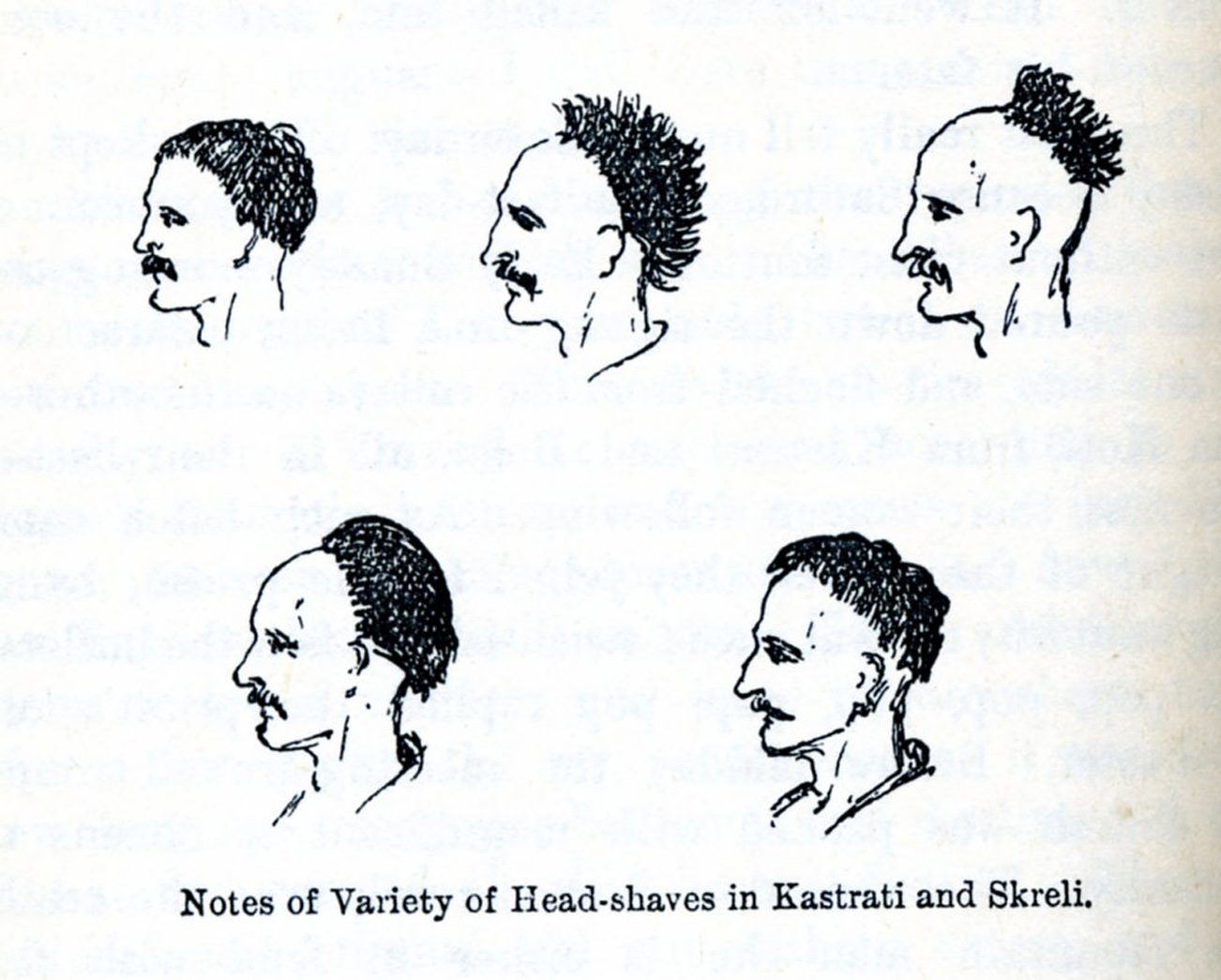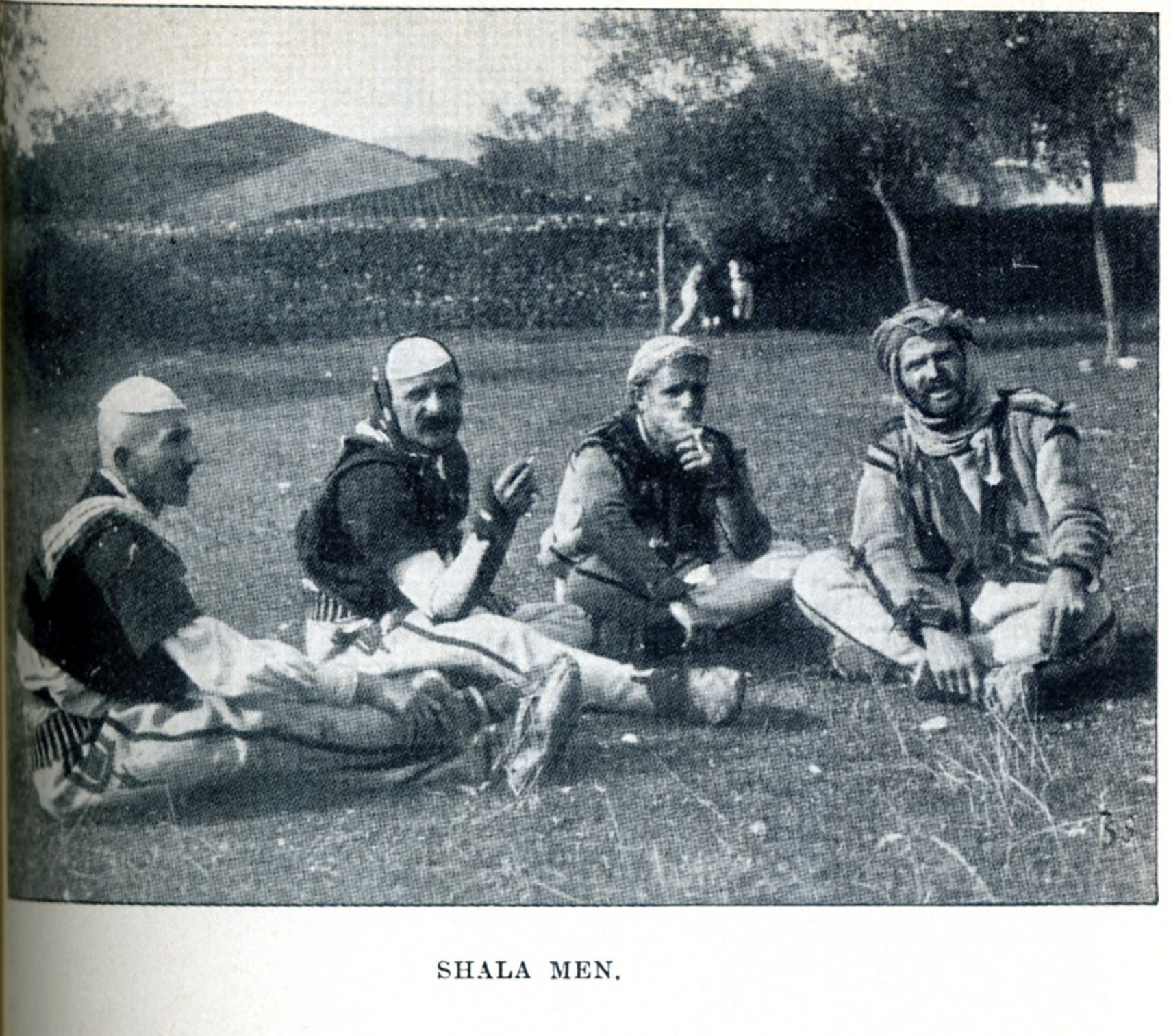Adventures in Ethnic Music: Hot Albanian Clarinets
The rolling hills of Italy’s Marche region lead down to the Adriatic Sea. Way further south, hours and hours by train to Brindisi, one can imagine how just across the water lay the forbidden Albanian People’s Republic. In the early 1980s a composer friend, curious about a recording Henry Cowell placed into a Folkways anthology, truly extra-planetary Albanian music, headed over to a New York secret: their nearly unmarked Albanian Mission to the U.N. Albania only had friendly ties with North Korea: Russia was way too liberal for them in those years! A voice over the locked entrance’s speakerphone ordered him to go the hell away, followed by armed guards appearing.
Albania’s international programs on Radio Tirana beamed their way over the globe. Every hour was graced by a trumpet fanfare dreadfully ringing out each of the twenty-four hour clock. Propaganda 24/7 in all tongues. In the mid 1980s on a hot summer afternoon, I switched away their shortwave to hit the AM zone. Bypassing Italian pop channels, this rare sonic orchid emerged from the ether:
A dream state from Tirana’s hermetic local station escaped across the Adriatic! The signal went in and out of intelligibility. Their programming was chaotic so for months a cassette was poised, the radio honing in on their frequency, my in-laws miracles of tolerance for the sounds that continually streamed until I would leap up from the table to capture some spontaneous gem.
Back in New York, Perikles Halkias, a local clarinet master, occasionally performed his Greek Epirotic music. This zone around Ioannina was bordering on Albania and he sure remembered their once-open frontier and the friendly Albanian babes within reach of a hot musician. By a miracle I was informed of a Bronx Albanian who sold videos from his apartment, somehow spirited inside the US through a third country. He was of no help and had no interest in the traditional music, only anxious to hawk his political films and television videos. He let out that an Albanian event was soon to happen: the UN mission’s chief would be there.
At a high school gym in Hells Kitchen, a well-polished elegant diplomat smilingly shook my hand and said I could easily come to Albania to research their folk music. Only one American at that time, Brooklynite Jack Schulman, was permitted inside, and he returned empty-handed for any music but loaded with correct books to sell such as this most creatively creative non-fiction:
Could I really visit Albania? “Yes. Do you have another passport?” Not really. “Oh. . . . I guess you can’t help it if you were born here,”
Years of summers glued monitoring Radio Tirana brought forth unexpected surprises, such as this loose clarinetist who wails like a Balkan Hendrix. The repetitive background acts as a mantra blanketing his wild exploits, pulling out the sonic rug with a gear shift chord change catapulting you into a new existence from its harmony and insistent beat:
Stripping back layers of time, one hears earlier periods embedded in their isolated sounds. The Albanians were contemporaries of ancient Greeks,: Illyrians, with a unique language that no knowledge of Attic Greek, Hungarian, Basque, Finnish, Lithuanian, or Pirahá will ever help you. After a Byzantine period and Mongols came Ottomans, who Moslemised a bit but let the Christians carry on as usual. (We’ll explore them in a forthcoming post).

Behind it all is their choral singing: Byzantine might be too recent a period to classify this style’s hidden origins. It would be a delight if some Greek expert would step up to compare if their metrics resemble choruses in Ancient Greek tragedies. They are probably soul brothers in the same feet.
Perhaps the Albanians kept this going in their rugged mountain isolation. These dudes are tougher than Hells Angels, keeping it culturally air-tight:
The rhythm of this restless mood-swinger grips you like an archaic instigation calling for blood, words tossed like death threats. Before World War I, about a quarter of the population perished due to blood feuds:
Albania’s traditional music is the most extraordinary in Europe. With changing politics and finally opening up, one fears that while the worst is gone, a bad feeling about the culture kept alive by their recent monster’s regime will cause it to be trashed along with his memories.




Hi Allan, I absolutely agree with you. Albanian music is extraordinary. When I first heard A.L. Lloyd’s album on Topic I was blown off my socks. One question, did you replace your web site & catalog with this blog site? Is there any way to order recordings from you? All the best, René
There will be more to share from these Tirana broadcasts, some even sounding Mongolian. The website is https://arbiterrecords.org
World Arbiter and Arbiter CDs are available.